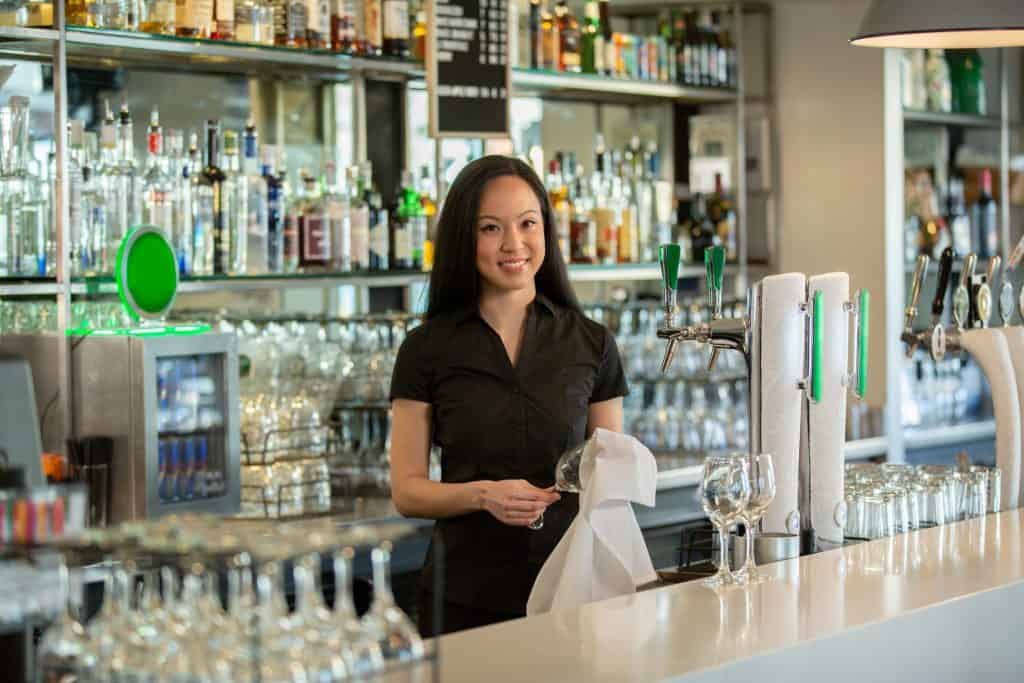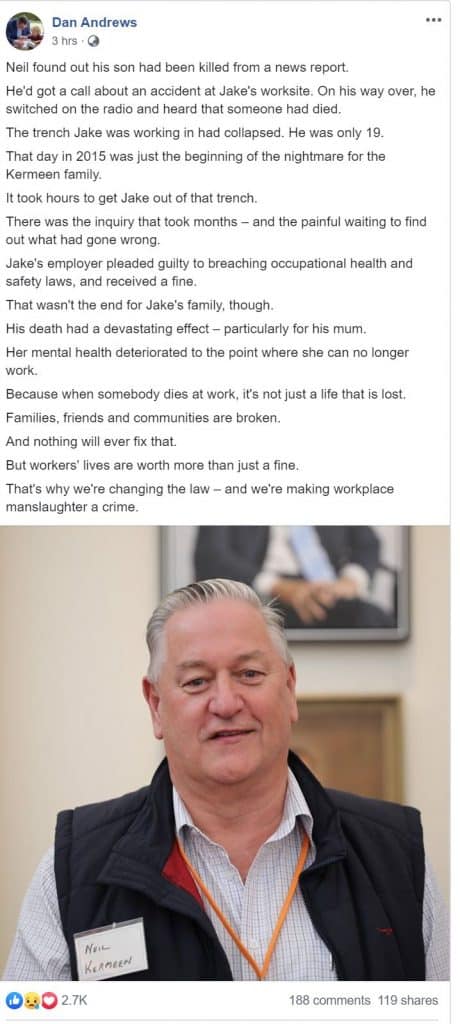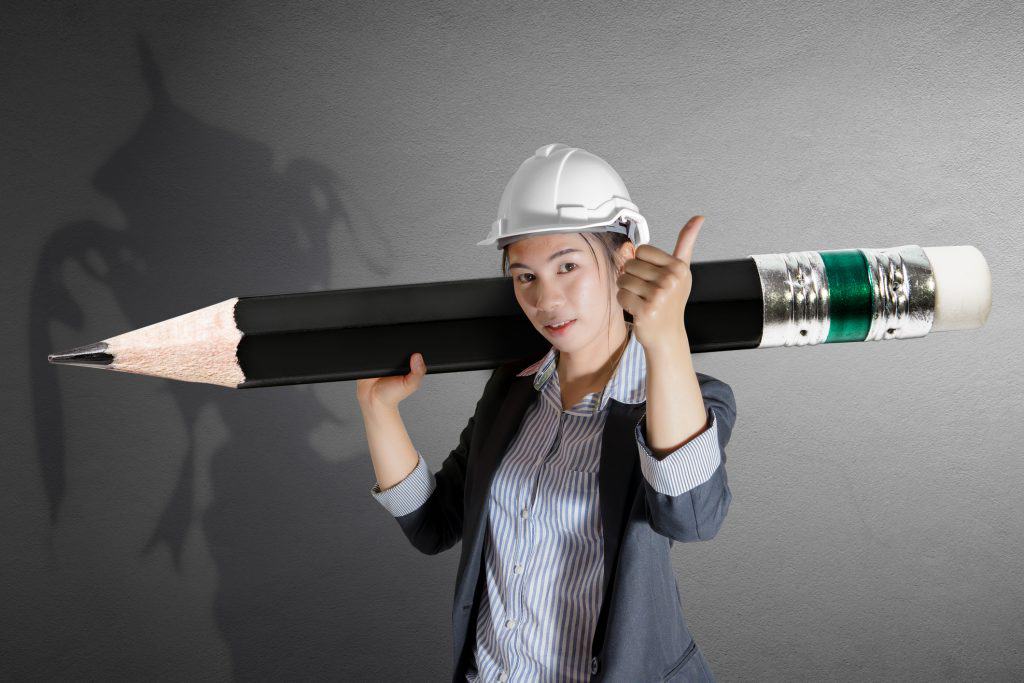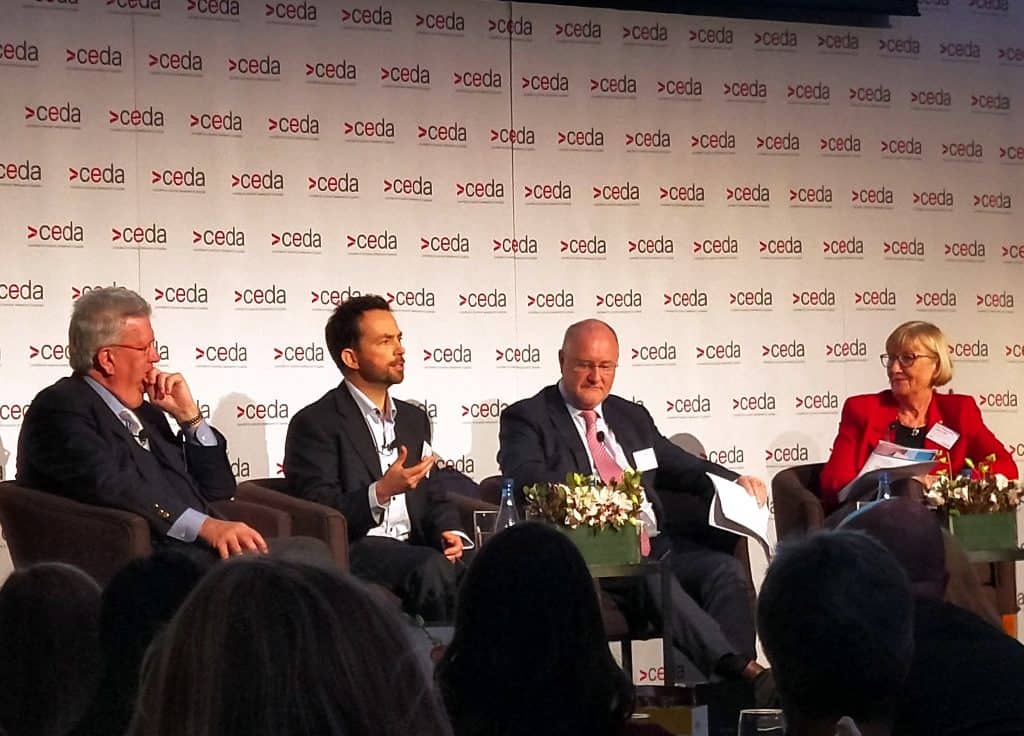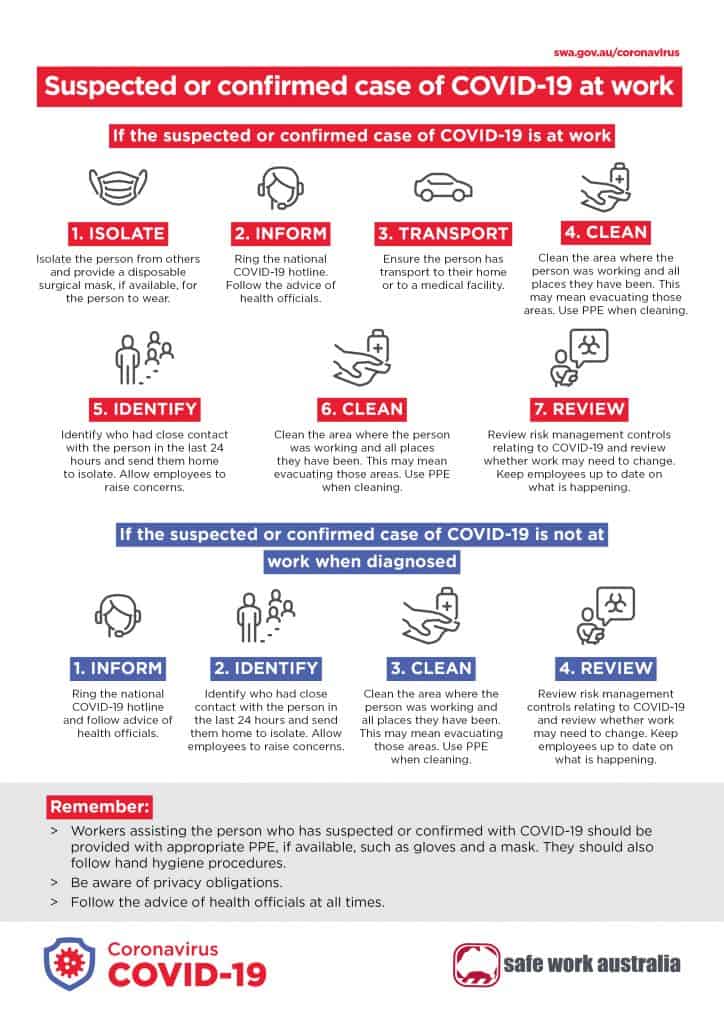
In mid-March, pandemic advice from occupational health and safety (OHS) regulators was assessed with the generic guidance from WorkSafe Victoria being praised. Many changes to workplaces have occurred since then and Safe Work Australia (SWA) has caught up with the demand for industry-specific guidance on managing work in this pandemic. SWA’s advice is very good and is discussed below.

